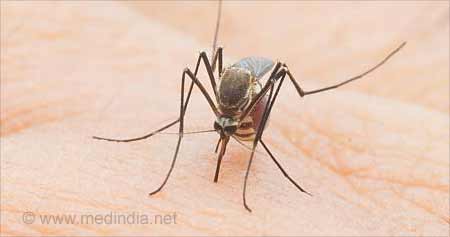The potential for geoengineering to reduce risks from climate change could introduce a new range of mosquito-borne diseases like malaria and dengue.

‘Malaria risk was predicted to shift significantly in the high warming regions, where geoengineering stimulations were cooling the tropic areas.’





One action that has been proposed is injecting aerosols into the stratosphere that reflect incoming sunlight, thereby temporarily pausing global warming. Though SRM is often discussed as a way to reduce climate injustice, its potential impacts on health have seldom been studied.“The implications of the study for decision-making are significant,” says Colin Carlson, PhD, an assistant research professor at the Center for Global Health Science and Security at Georgetown University Medical Center and lead author of the study.
Geoengineering might save lives, but the assumption that it will do so equally for everyone might leave some countries at a disadvantage when it comes time to make decisions.
If geoengineering is about protecting populations on the frontlines of climate change, we should be able to add up the risks and benefits, especially in terms of neglected health burdens, such as mosquito-borne disease.
A team of eight researchers from the United States, Bangladesh, South Africa, and Germany used climate models to simulate what malaria transmission could look like in two future scenarios, with medium or high levels of global warming, with and without geoengineering.
Advertisement
They found malaria transmission peaks at 25°C, cooling the tropics using geoengineering might ultimately increase malaria risk in some places relative to an alternative future, but might also increase risk in the present day.
Advertisement
The conversation is an ongoing one about increasing Global South leadership in geoengineering research. The new study highlights that the frontlines of climate injustice aren’t one monolithic bloc, especially when it comes to health.
Source-Medindia













